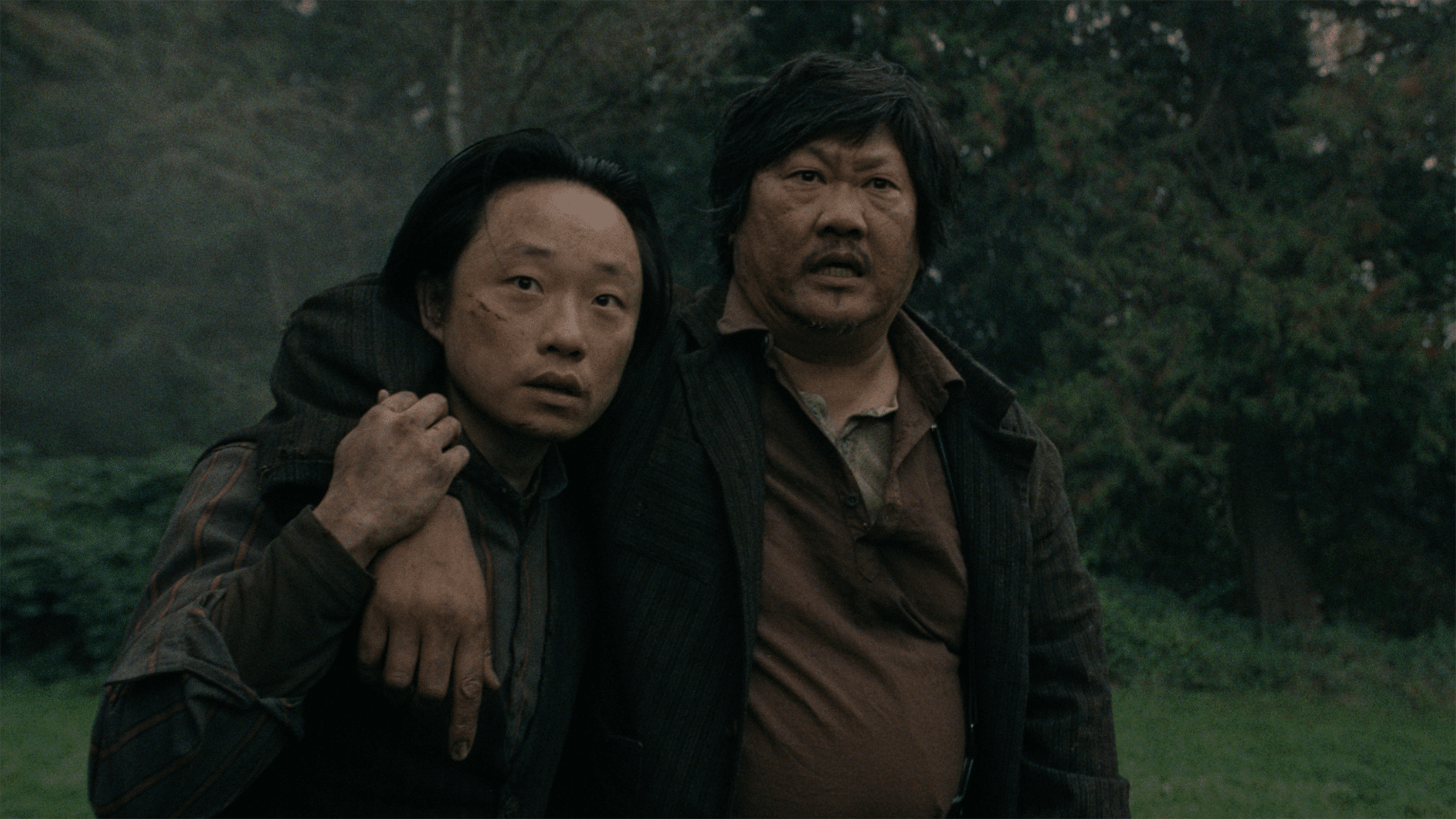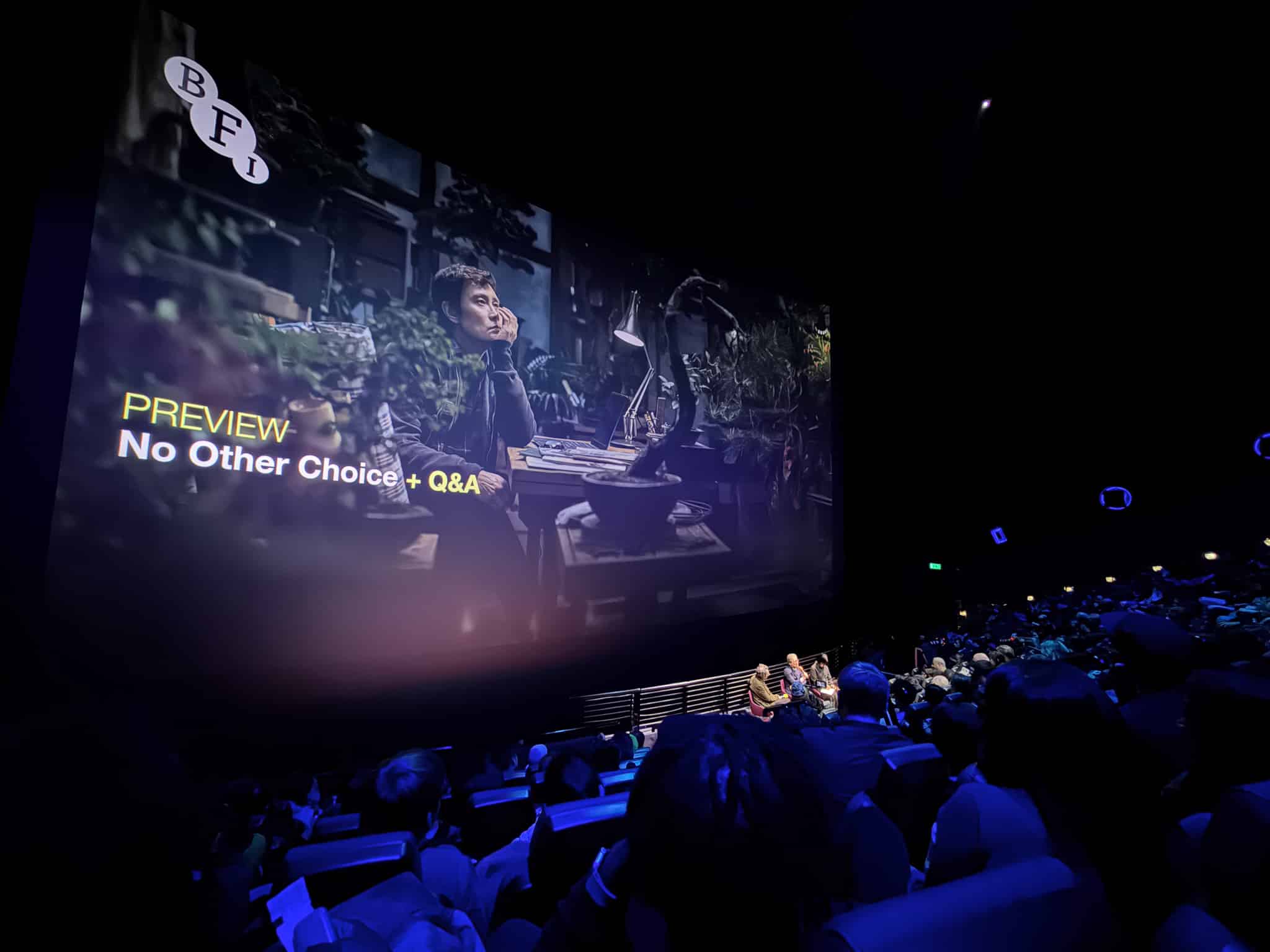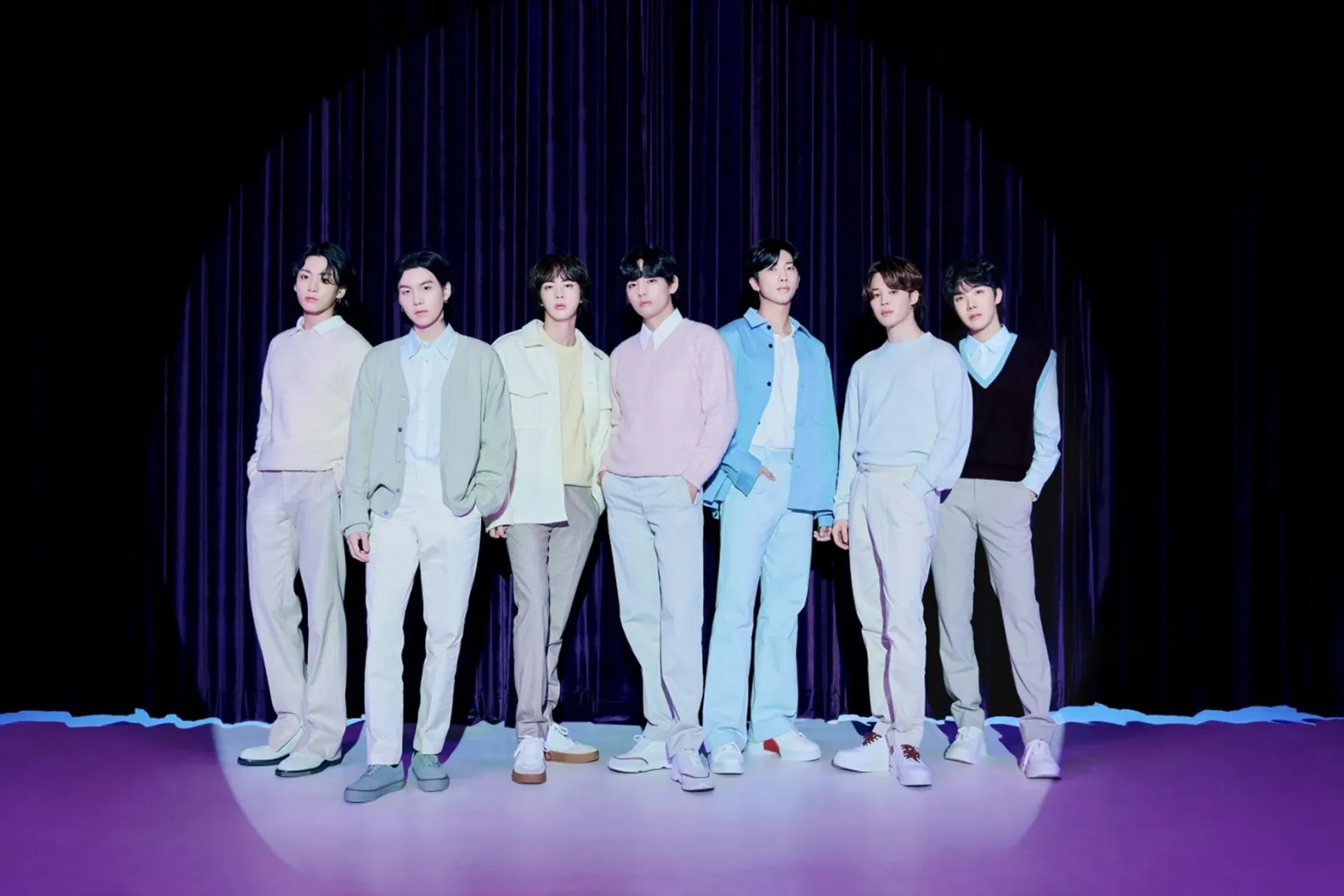The Hong Kong-based fitness content empire built by Emi Wong is an undeniable global success story. With over 7.3 million subscribers on her main YouTube channel and more than 1.1 billion total views, Wong successfully scaled her workout programs by focusing on high-utility content like short, no-equipment routines. Her rise was recognized in the Forbes 30 Under 30 Asia list in 2021, cementing her status as a digital entrepreneur.
But behind the disciplined success of her workout videos, the reality of running a mega-brand built on a single niche is creating pressure. In a recent interview, Wong revealed a surprising level of professional confusion and candidly shared the dangers of her fame, moving past the usual talk about ad revenue and brand deals.
The Identity Trap: When Business Success Limits Personal Growth
Wong explained that her immense success in the fitness category has locked her into an identity she is struggling to escape. It’s a classic business problem: your most profitable product overshadows everything else you want to sell.
“I didn’t plan it out that way,” she said about choosing the fitness niche. “I actually tried to talk about other content as well, but then my fitness videos got the most views.”
This viral validation is what drove her to quit her corporate job at Lululemon and become a full-time creator in 2018. She was looking for part-time income because her prior salary was “quite low.” Now, the very metrics that made her a star are holding her back.
“I don’t necessarily want to stay as a fitness YouTuber,” Wong admitted. “I think a lot of people have the perception that I’m this fitness enthusiast, but I’m not—fitness is just one part of my life.”
She’s trying to branch out into food and travel, but “the views aren’t as high as my fitness content. So, i’ve been trying to figure out what content to make moving forward. i haven’t figured it out yet.” This confusion shows how algorithmic optimization can lead to personal and professional stagnation, creating an “identity trap” for creators who want to evolve their brand.

The Cost of Authenticity: Bulimia, Guilt, and Vicious Haters
Wong’s professional credibility is tied to her story of overcoming bulimia—a vulnerable disclosure that is foundational to her wellness-focused brand.
She explained that her eating disorder began because she lacked patience and wanted extreme results quickly. “I wanted to do something more extreme,” she recalled. “I worked out a lot more—twice a day, five to six times a week—and I tried to eat less and less and less.” Her path to recovery was sparked by her fiancé, who told her, “You’re crazy! Bulimia is really bad for you.”
But putting this much of her life into the public has opened her up to more than just critical comments. She spoke about the disturbing side of fame, recounting an incident that genuinely scared her.
“Recently, I got one that was really crazy; it’s actually bothered me for a few days,” she said, describing a comment written in Cantonese. “The comment… said, ‘I wish all the failure for you in life. I wish your marriage would fail. I wish your family would fail. I wish if you have kids, they would fail in life. I wish that now that you’re at the peak of your life, everything would just fall and go down.’ It ended with, ‘Promise me, make it happen.'”
This threat has changed her daily habits. She now waits until she leaves a location before posting on Instagram and avoids filming downstairs in her apartment building because she worries about people knowing exactly where she lives. The comment, because it was in Cantonese, brought the danger uncomfortably close in the smaller Hong Kong market.
The Next Phase for the YouTube CEO
Emi Wong’s future success will depend on her ability to integrate her true personality into her highly functional content. She already understands the goal: “When you really like a YouTuber, it’s because you feel like that YouTuber is your friend; you like the personality.” Her challenge now is to bridge the gap between “a person teaching workouts” and the “free” self she wants to be.
Her advice to other aspiring creators reflects her cautious business sense: don’t quit your day job until your income is stable. Her story is a perfect example of a new kind of CEO—one who must balance maximizing her scalable product with fighting for the right to evolve her personal brand, all while managing the dangers of public exposure.









